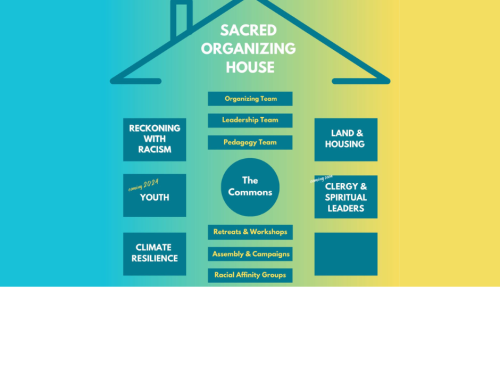2020 marks the 50th anniversary of the ordination of women in the ELCA, the 40th anniversary of women of color, and the 10th anniversary of LGBTQ+ siblings.
It’s an incredibly important marker for the ELCA, though it is only the beginning for the Church, as women are still denied ordination across the denominations and hold less than 15% of the leadership positions in the worldwide church! Therefore, in 2020, we in the Oregon Synod will highlight one woman from Christian history every week. Some you may know, others you may not, but all worthy of our respect and gratitude.
#18 Teresa of Avila
There hardly seem enough adjectives to describe Teresa of Avila: courageous, quick-witted, independent, natural leader, outgoing, talented, well-read, beautiful, rebellious, affectionate, funny, adaptable, tenacious, enthusiastic, and charming—so it is surprising that she ultimately used this surfeit of charisma to lead a monastic reform that advocated for more intense contemplation and further withdrawal from society. Her life’s work—she established seventeen convents and as many men’s cloisters, and wrote several spiritual classics, including The Interior Castle—began after a series of mystical experiences she had in her forties. She believed these experiences came from God because they gave her peace, inspiration, and encouragement. Speaking of these experiences—and retaining her sense of humor—she quipped. “If these effects are not present I would greatly doubt that the raptures come from God; on the contrary, I would fear lest they be caused by rabies.” The Interior Castle describes the soul as a “castle made entirely of diamond or of a very clear crystal, in which there are many rooms and in the very center . . . is the main dwelling place where the very secret exchanges between God and the soul take place.” In her role as a spiritual director, and in her books, Teresa teaches others how to pray, or in her terminology, enter the interior castle, so that they might commune more intimately with God. Her monastic reforms were based on the belief that one must withdraw from distraction to more clearly hear the voice of God within. In other words, most of us need time for reflection, silence, stillness and the treasuring of this life.





